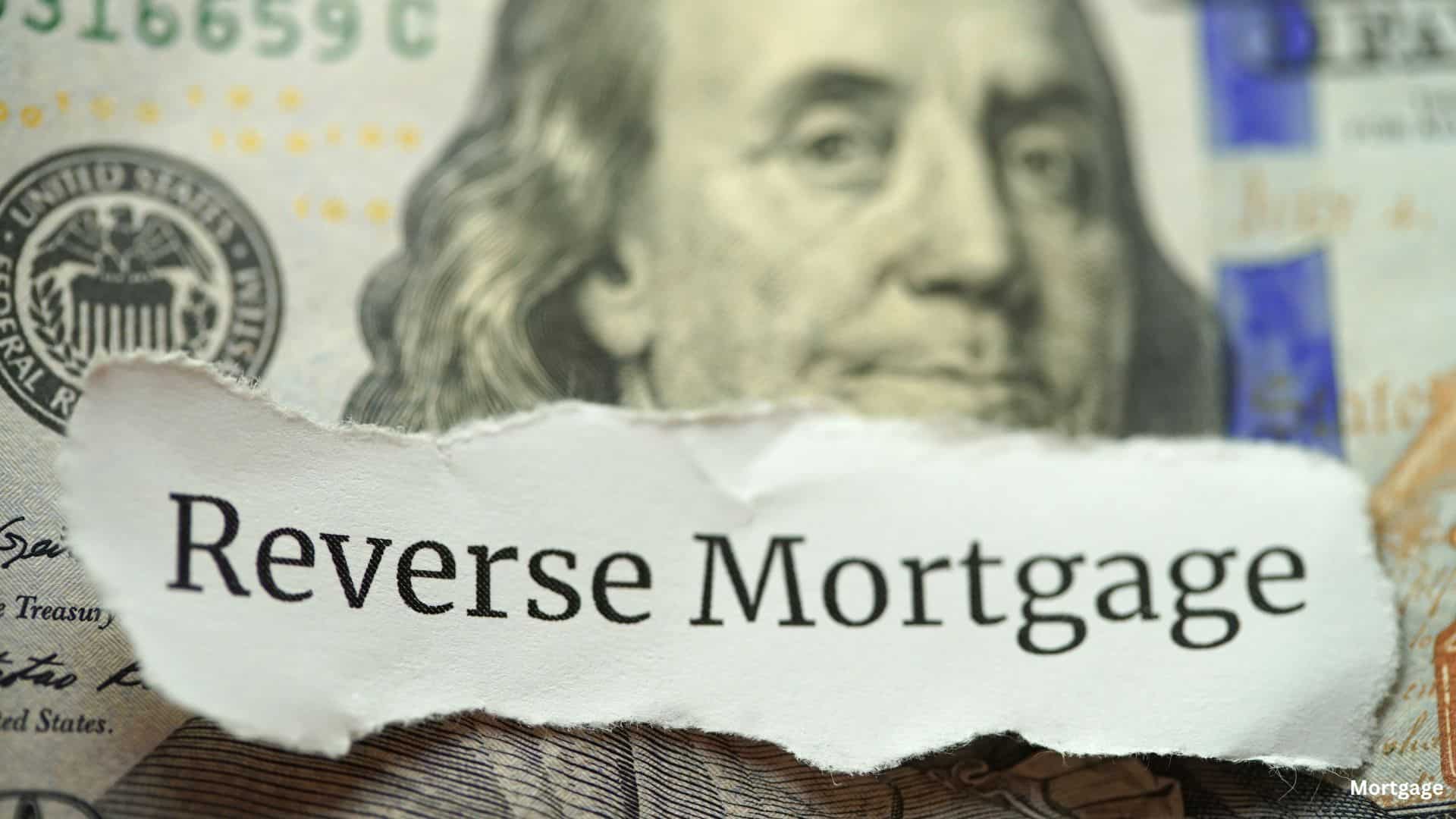A reverse mortgage can be a beneficial option for homeowners aged 62 and older who want to tap into their home equity without selling their property. This type of loan allows you to convert part of your home equity into cash, which can be used for various purposes like supplementing retirement income, covering medical expenses, or making home improvements.

Understanding Reverse Mortgage
A reverse mortgage differs from a traditional mortgage. Instead of making monthly payments to a lender, the lender pays you. The loan amount is based on your home’s value, your age, and current interest rates. Interest and fees accumulate over time, and the loan is typically repaid when you sell the home, move out, or pass away.
Example: If you own a home worth $300,000 and take out a reverse mortgage, you might receive a portion of that value in monthly payments or a lump sum. You remain responsible for property taxes, insurance, and maintenance.
Types of Reverse Mortgages
- Home Equity Conversion Mortgage (HECM): The most common type, insured by the Federal Housing Administration (FHA), available through FHA-approved lenders.
- Proprietary Reverse Mortgage: Private loans that offer higher loan amounts for high-value homes.
- Single-Purpose Reverse Mortgage: Offered by some state and local government agencies and nonprofits, typically used for specific purposes like home repairs or property taxes.

Pros and Cons
Pros
- Provides Additional Income During Retirement: It can supplement your retirement income, providing financial stability without monthly mortgage payments.
- No Monthly Mortgage Payments Required: Unlike traditional mortgages, you don’t need to make monthly payments. Instead, the loan is repaid when you sell the home, move out, or pass away.
- Can Help Cover Large Expenses: The funds from a reverse mortgage can be used to cover significant expenses like medical bills, home renovations, or other financial needs.
Cons
- Reduces the Amount of Home Equity: As you receive payments from the reverse mortgage, your home equity decreases. This can leave less inheritance for your heirs.
- Interest and Fees Add Up Over Time: Interest on the loan and associated fees accumulate over the life of the loan, increasing the total amount that needs to be repaid.
- Could Affect Eligibility for Certain Government Programs: The income from a reverse mortgage might impact your eligibility for means-tested government programs like Medicaid or Supplemental Security Income (SSI). It’s important to understand these potential impacts before proceeding.

Is a Reverse Mortgage Right for You?
Consider it if you plan to stay in your home for the long term and need additional funds for living expenses or healthcare costs. It’s essential to understand all the terms and implications. Consulting with a financial advisor or a mortgage counselor can help you make an informed decision. Here are some key considerations:
- Long-Term Plans: A reverse mortgage is best suited for those who plan to stay in their home for a long time. Moving out early can trigger repayment, making it less beneficial.
- Financial Needs: If you need additional funds for living expenses, healthcare costs, or other financial needs, a reverse mortgage can provide a steady income stream.
- Understanding the Terms: It’s crucial to understand all the terms, fees, and implications of a reverse mortgage. This includes knowing how interest and fees accumulate, and what happens when the loan becomes due.
- Impact on Heirs: A reverse mortgage reduces the equity in your home, which means there will be less to pass on to your heirs. Make sure this aligns with your estate planning goals.
- Eligibility for Government Programs: Receiving funds from a reverse mortgage might affect your eligibility for certain government assistance programs. Check how it impacts Medicaid or Supplemental Security Income (SSI).
- Consult Professionals: Speak with a financial advisor or a HUD-approved reverse mortgage counselor. They can help you weigh the pros and cons, understand the financial implications, and decide if it’s the best option for your situation.










